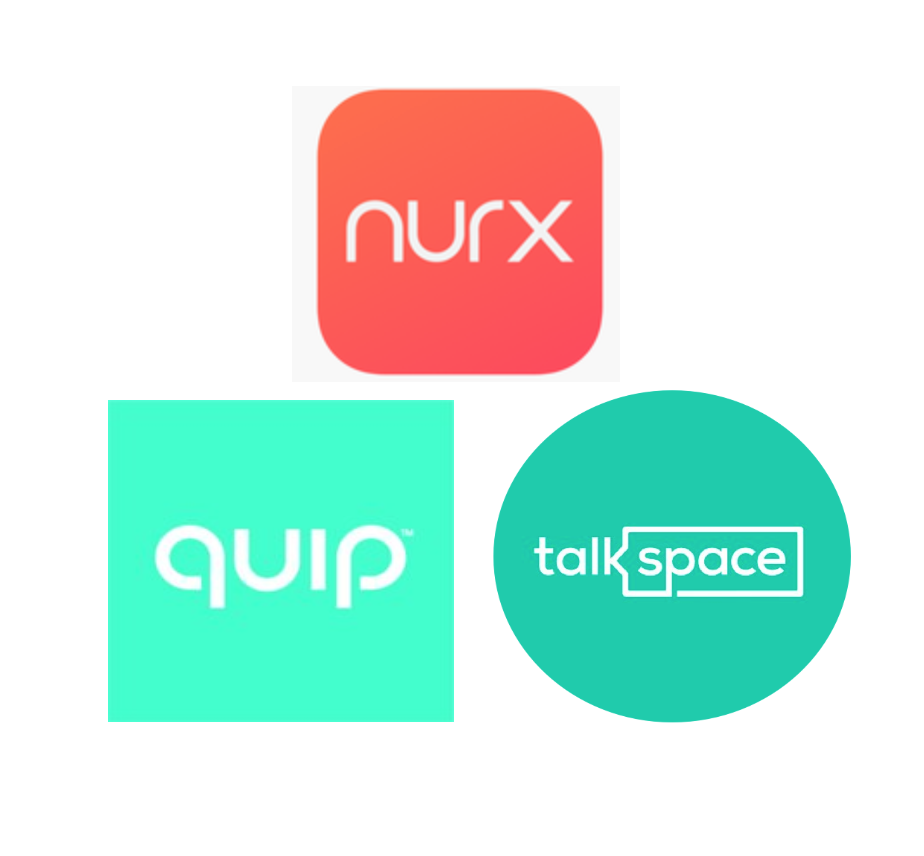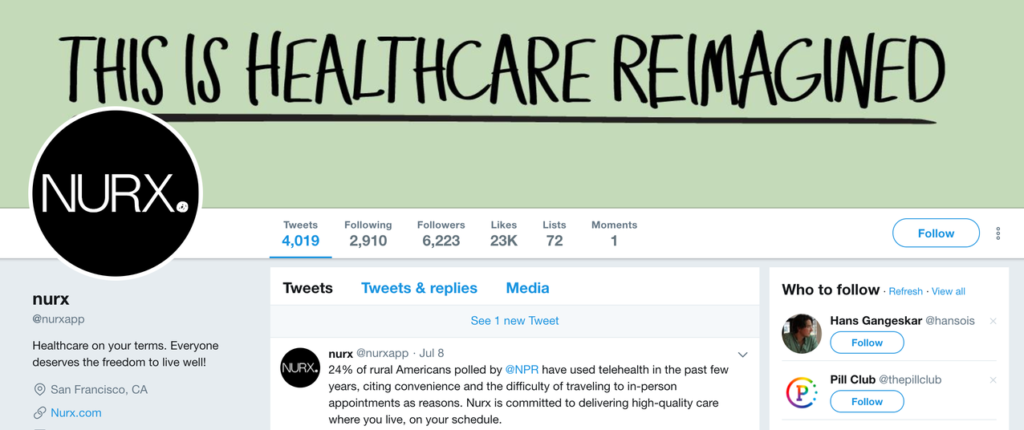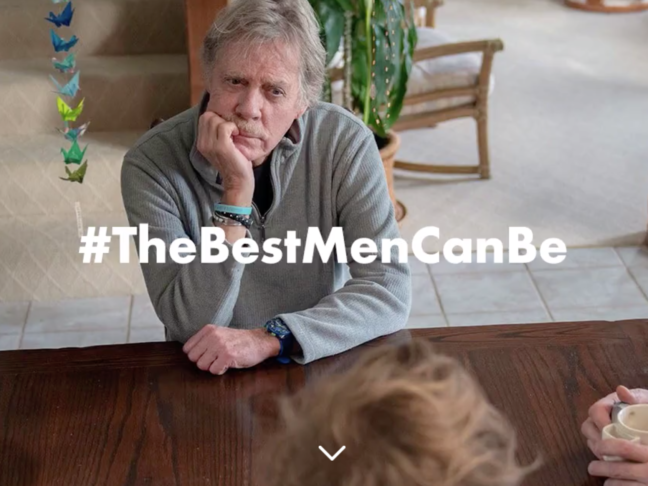3 Companies Working to Demystify Healthcare

I’m going to be candid and call out my privilege and my millennialism. I recently turned 26, which in California meant that the health insurance I have been using my whole life under my father’s company ended. I’m fortunate to work for a company that provides health insurance, so I figured the transition would be no big deal.
Turns out, I was to be greeted by a resounding chorus of: “Surprise again, adulthood sucks!” Figuring out my new plan was basically like doing a 2,000-piece puzzle of the night sky.
Finding new doctors, dentists and hospitals was frustrating to say the least. One day I played a rousing game of telephone pinball where I was flung back and forth between the HR company, the insurance provider and the medical office — all to get in one silly routine doctor appointment.
Confusion over health insurance is ubiquitous. No matter how you feel about healthcare in our country, I think one thing can be agreed upon: it needs to catch up with technology.
That’s why we are seeing B2C companies attempt to disrupt not just categories, but industries. Companies are trying to facilitate an easier option than telephone pinball.
Challenging the status quo through marketing
Nurx, Talkspace and Quip are all excellent examples of pinball detractors.
Research into the marketing of these three companies reveals a clear, common strategy: to challenge and critique the current industry status quo and prove that technology can make health services simpler and more accessible.
Here’s a peek at how each of these companies does this.
Nurx brings birth control to your door
To use Nurx’s birth control delivery service, all someone has to do is enter their information on the Nurx site. Depending on the user’s insurance, Nurx will mail you a prescription for free or typically for about $15 without insurance.
Nurx’s tagline is literally ‘Healthcare Reimagined,’ and it’s present throughout their marketing.

Birth control can be difficult to access, especially in more rural parts of the country. Research has shown that nearly 20 million women live in zones nicknamed ‘contraceptive deserts,’ or locations that lack reasonable care for women’s services.
Nurx reimagines a healthcare system that anyone has access to. Here is a recent commercial by the company showing how ordering birth control through them is effortless.
In the video, we are first made to believe a young woman is at a doctor’s office, but skillful camera work reveals her to actually be at home multitasking and interacting with a doctor via the Nurx app. This clever scene highlights the convenience avoiding a time-consuming visit to the doctor.
Other types of content as seen on their Twitter feed include research articles on healthcare, advice from professionals, and demystifications around women’s reproductive health.
Talkspace destigmatizes therapy
Talkspace is an app that allows anyone to chat with a licensed therapist. Their marketing focuses on eliminating the excuse that life is too busy to go to therapy, as well as eliminating the stigma around mental health care.
One in five adults (46.6 million) experience some form of mental illness in the course of a year, and suicide is the second cause of death for people aged 10-34. Alarming stats like these are the reason that mental health awareness has increased over the past few years, but we still have a ways to go.
Talkspace’s marketing emphasizes the importance of taking care of one’s mental health. They do this by sharing testimonials (like this one from Michael Phelps) and also teaching about different mental health issues that exist (like this one on high functioning anxiety).
They’ve filled their blog with helpful content that’s aimed at educating people about positive mental health practices.
Aside from their educational content, Talkspace emphasizes similar rhetoric to Nurx’s philosophy. Here’s a short intro video on their YouTube that highlights the convenience and simplicity of the app while evangelizing their philosophy on accessible mental healthcare.
They believe that therapy should be available, affordable, stigma-free and anonymous. Companies like Nurx and Talkspace envision healthcare for all in the comfort of their own home, which is a pretty huge contrast to the healthcare institution as it exists.
Quip strives for more transparency in dental work
Quip‘s toothbrush naturally placed them in the healthcare space when they started, but they recently expanded their product to include their own dental insurance.
Most will recognize them as the social media-friendly toothbrush company that has dominated the likes of podcasts and Facebook ads in the last year, but this week they announced they would also be disrupting the dental insurance industry with the launch of quipcare, in hopes to make preventative oral care easier for people.

Quip recognizes that 40% of people don’t visit the dentist once a year, even when insured. They aim to decrease this statistic with quipcare.
I’ve seen the same family dentist my whole life and they still do almost everything manually. Quip has built an all-in-one app where you can schedule your appointments, see rates ahead of time, and even get rewarded for completing visits.
Because the app is hot off the press, their consumer product still dominates their marketing, but I imagine we will be seeing some pretty neat posts coming from the company in the coming months.
B2C healthcare brings a new wave of transparency
Companies like Nurx, Talkspace and Quip aren’t just supporting a cause in their marketing. The products themselves exist for a cause and their marketing supports the product.
Healthcare is complicated to navigate and confusing for most people, but especially for people without insurance and who are just becoming responsible for their own insurance. Brands like these help significantly with some of the most mundane tasks that can require so much back and forth going through traditional channels.
I hope the state of healthcare improves at some point, but in the meantime, I don’t mind companies like these stepping in and making the process as painless as possible.
